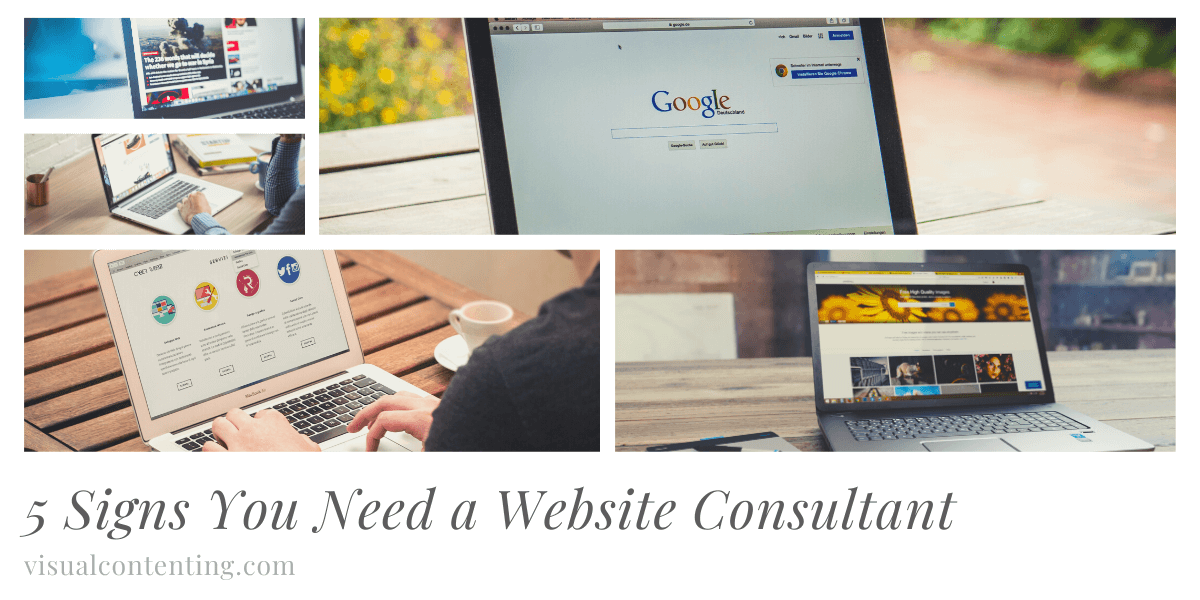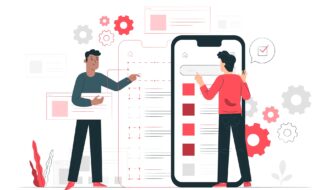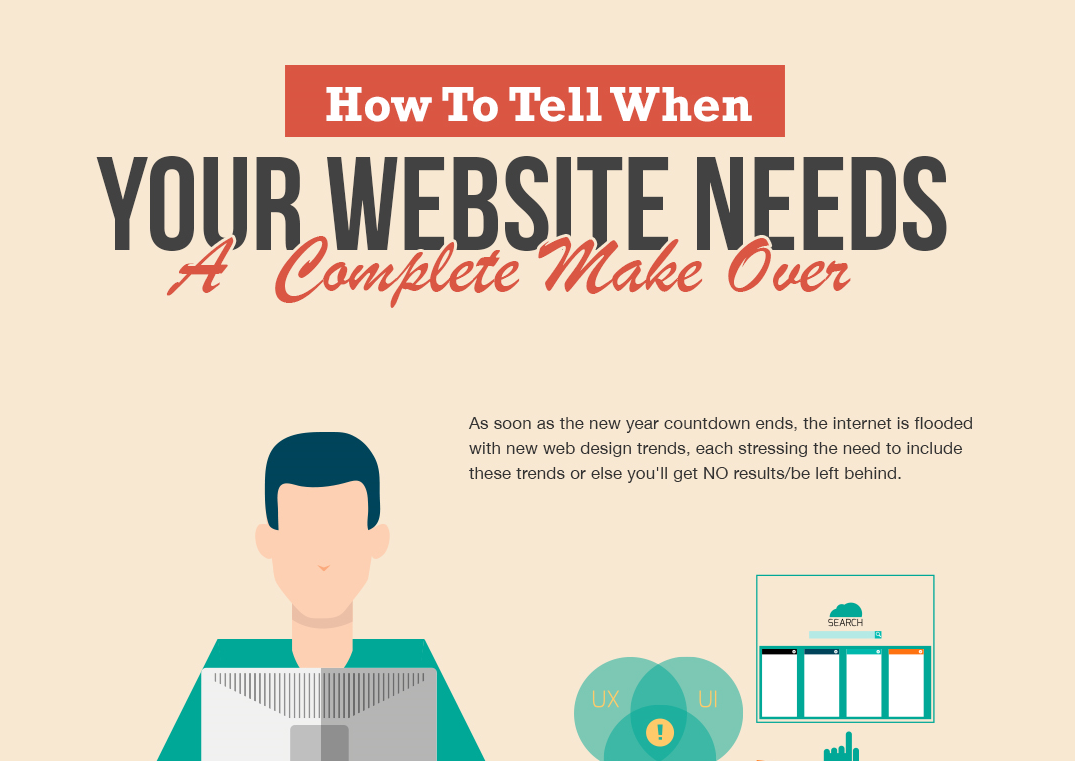Most businesses know it’s important to have a website, but many still have websites that don’t function the way they should.
People expect websites to be fast and reliable. Anything less and you risk alienating your target audience from your products or services.
Sometimes website design and development is too much for one business owner to manage alone. That’s when it’s time to hire a professional to help with the website’s management and improvement.
Here are 5 signs that it’s time to hire a consultant to help solve a complex website problem.
1. Slow Site Speed
Speed is a critical component of your website’s ability to retain users. Speed can refer to how quickly your page loads on desktop and mobile.
If your website takes a long time to respond after someone clicks on a link, button, or other element, you might need an upgrade.
Slow page speeds increase bounce rates, or the rate at which users click on your site and then click away from it when the site does not meet their expectations.
You can check your page speed easily with Google’s testing tool, PageSpeed Insights.
To test your speed, simply copy and paste your website’s URL and Google will assign your page a score based on its speed.
BBC News, for example, only received a score of 68. Websites must score between 90 and 100 to get a “green” score from Google.
Further down on the results page, Google points out opportunities for websites to improve their speeds.
These suggestions, however, are often technical and difficult for inexperienced web designers and developers to fix on their own.
You’ll likely need an expert to interpret the technical terms and decide how best to proceed with improving your website.
A consultant that specializes in websites can help you come up with a plan for improving your page speed.
2. Optimizing for Mobile
It’s important that people can access your website easily from anywhere. Most people now access websites on smartphones, tablets, and other mobile devices.
Optimizing your website for mobile, however, is a challenging task if in-house teammates manage your site while balancing other responsibilities.
Google recently launched its mobile-first indexing initiative, which means that Google now uses the mobile version of a website to crawl and index its content.
This shows the importance Google is placing on mobile experiences for users. If your website isn’t mobile-friendly, you could suffer in the search engine results pages (SERPs)

If you are not sure whether your website is properly-suited for mobile devices, Google has another tool that allows you to test it.
If your website isn’t mobile-friendly, it’s time to hire an expert to help you optimize it.
Recommended: 31 Must-Follow Principles to Optimize Your Mobile Website
3. Improve SEO
Mobile optimization is not the only factor in successfully ranking for terms relevant to your website’s content.
Earning links back to your website usually is not enough for your website to rank on the first page of Google.
On-page SEO factors, such as headers and keyword placement, are all helpful when trying to rank for certain terms.
Some coding languages are also more challenging for Google to index than others. This is a more comprehensive change that requires an expert hand.
Certain consultants specialize in making your website friendly to search engines without appearing spammy.
Website consultants can also help you conduct an SEO audit of your website to establish action items for improving your rank.
Recommended: How to Design An SEO Friendly Website that Ranks Well in 2020
4. Strengthen Content Strategy
Website structure and design is important, but content is what your audience comes for.
Smaller businesses, however, sometimes struggle to create and publish content consistently, whether it's blog posts, “About” pages, or contact information.
Keeping this information up-to-date is critical for keeping visitors engaged on your website.
Your website should have a content strategy in place to attract the right users and signal to Google that it’s helpful and relevant.
If you’ve struggled in the past to come up with ideas for blog posts or content for your help center, it might be time to hire an expert to implement a content strategy.
A consultant can help you identify your target audience and create a buyer persona that will inform your content strategy.
By identifying your target market, consultants will help you understand and choose which types of content to create and promote.
Consultants can also help you create a content calendar to break down content needs by month or even by week.
Then, you can begin assigning writing projects to freelancers or members of your team.
Recommended: Content Marketing Ideas to Take Inspiration from
5. Need a Website Redesign
If you plan to build a website from scratch, speak to an expert to ensure your project’s success.
Website builders such as Squarespace and Wix are helpful for building an initial website, but creating something scalable for the long-term requires the help of professionals.
Consultants can help you decide what coding language to build your website in, as well as design elements to keep your brand consistent.
If you work on your own and you’re not a website expert, you risk building a website that’s not fully functional. This might cause more work for you later on.
Websites Require Professional Assistance
Websites can get complex quickly. It’s important you know when to ask for help when building or maintaining your online presence.
If your website needs to run faster or be optimized for mobile, you should hire a professional to help solve your problem.
Consultants can also help develop, make your website search engine friendly and create a content strategy to support your business goals.
Investing in your website and asking for help upfront means less work and fewer costs down the road.
Related Posts
Kelsey McKeon is a Content Writer at Clutch and Visual Objects. Her content provides actionable tips on how businesses can maximize their working relationships with business services partners.







